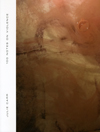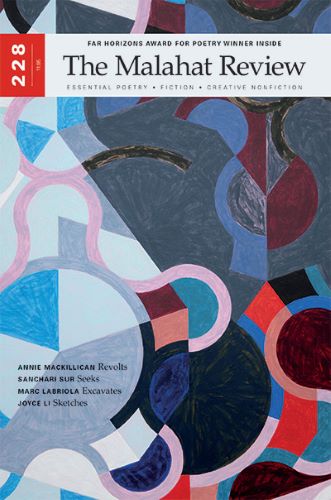100 Notes on Violence
“I almost fainted with desire and fear” writes Julie Carr in her 2009 Sawtooth Prize-winning 100 Notes on Violence, and in doing so sums up the experience of reading the 116-page collection. In fragments, lists, quotations, facts and chunks of prose, Carr offers up a reflection on not just violence, but on protecting ourselves and our innocence from it.
“I almost fainted with desire and fear” writes Julie Carr in her 2009 Sawtooth Prize-winning 100 Notes on Violence, and in doing so sums up the experience of reading the 116-page collection. In fragments, lists, quotations, facts and chunks of prose, Carr offers up a reflection on not just violence, but on protecting ourselves and our innocence from it.
Carr has given us a poetic look into the violence of American culture in way that is uniquely hers. It reads almost like a poet’s response to William T. Vollmann’s massive Rising Up and Rising Down: Some Thoughts on Violence, Freedom, and Urgent Means, which Carr indeed cites as a source for some of the quotes scattered throughout. But unlike Vollmann, Carr’s main concern seems to be the children, the innocent:
An 8-year-old in Arizona on trial for killing his father and his father’s friend.
“Vincent Romero was no stranger to guns / The avid hunter reportedly asked his priest whether he should buy his young son a firearm.”
“That child, I don’t think he knows what he did,” said the Very Rev. John Paul Sauter.
“It’s an unusual case,” Murphy told Maggie: “We hear about 8-year-olds accidently shooting a gun. This was execution. So I venture it’s fair to say // there was something pretty awful going on behind closed doors.”
I venture – Fair to say – Give a child a gun and you might get shot
Part poem, part journalistic inquiry, part common sense, Carr manages to weave her sources and quotes into a carefully fractured narrative that is as beautiful as it is frightening.





